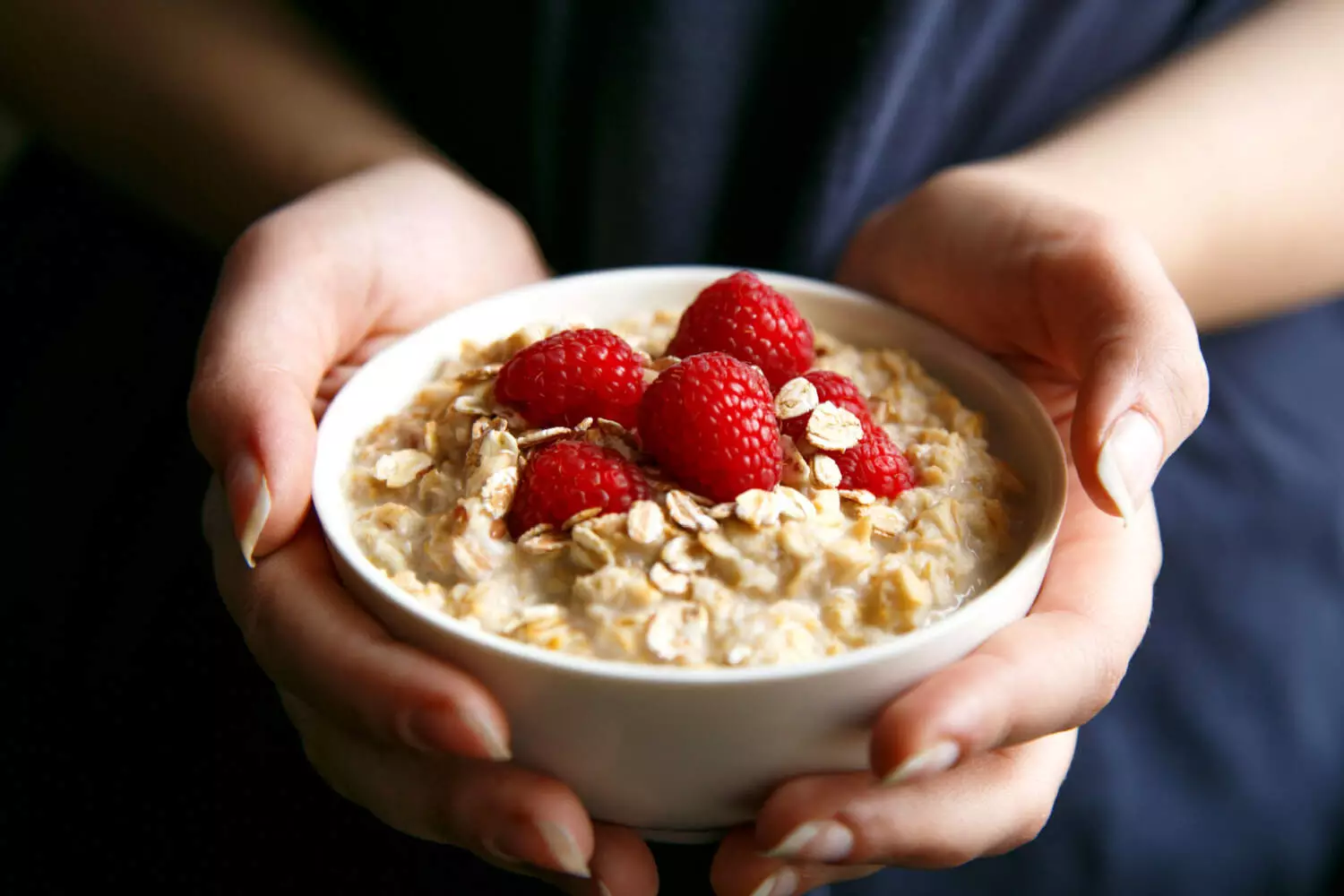
Why Is My Baby Not Eating?
5 min readWritten by Editorial Team


Getting your baby to eat is one of the most challenging tasks of motherhood. Baby not eating is one of the common issues, that worries the mothers. You just don’t understand how to get something down that little throat. There can be an array of feeding problems like mere spit-ups, messy eating, or refusing to eat. But then there is always a way out of these problems.
We know that fighting these feeding hurdles can be frustrating. But then if your baby is growing normally, there is usually nothing to worry about. Here are some common reasons why your baby might not be eating and ways to deal with it.
In This Article
- Why Is My Baby Not Eating?
- My Baby Is A Fussy, Picky Eater
- My Baby Only Wants Breast Milk
- Why Is My Baby Not Eating Solid Food?
- Common Reasons Why Baby Is Refusing To Eat Food
- My Baby Is Not Eating Anything, What Should I Do?
- When To Seek Medical Attention
Why Is My Baby Not Eating?
Your baby may refuse food for different reasons: he is not hungry, he is distracted, sick, or overtired. Just relax. If your baby is hungry, he will eat. So if your baby is batting the spoon, turning his face away, or clinching his mouth, he is just indicating that he is full.
Be guided by your baby. He knows how much food he requires, and never forcefully feed your baby. This can lead to feeding time turning into fighting time. Having said that, if your baby’s refusal to eat is worrying you, it is better to consult your pediatrician.
My Baby Is A Fussy, Picky Eater
This is a common complaint of a lot of parents. There are many reasons your baby may be fussy about food. He may be teething, overtired, not ready for solids, or you are just overfeeding him. Familiar foods provide comfort to your baby during this time. Although picky eating may go on for a while, your baby will overcome it.
My Baby Only Wants Breast Milk
If your baby only wants to be breastfed after he has crossed 6 months, it can be a problem. Although breast milk has all the nutrients that a baby needs after he has crossed 6 months, breast milk alone will not provide all the nourishment that your baby requires. A lot of nutrition at this stage comes from a variety of solid foods that are introduced to your baby.
A baby’s tummy is very small, so he needs to be fed a small number of different foods. If his tummy is filled with only milk, it will leave no space for getting nourishments from other foods. Also, look for symptoms of teething or any throat infection which could cause your baby to refuse to eat and only want breast milk.
Why Is My Baby Not Eating Solid Food?

Your baby may appear to “go off” solid food. This may be because he doesn’t like the texture and taste of the food being offered to him. There is also a possibility that your baby finds the food too hot or too cold. If your baby is not sick and is breastfeeding properly, it could be that he is not very hungry.
Babies’ appetites differ each day and each meal. So if your baby has had a disturbed night with more frequent feeds at night, there is a possibility that he will have a low appetite for solid foods during the day.
Common Reasons Why Baby Is Refusing To Eat Food
Although there may be absolutely nothing wrong with your little one and this could just be one of his or her mood swings, the most common reasons why babies refuse to eat include:
Teething
Most babies begin teething after six months and the irritation that is triggered while teething can be one of the reasons why your baby has suddenly begun feeding more on breast milk and refusing to eat solids. These teething discomforts last around ten to fourteen days. So wait for that period before you rush the little one to the doctor.
Change In The Menu
There is also a possibility that your little one is bored of the same food and that is why he is refusing to eat. Changing the menu by introducing something new and offering variety will be a good move to make the little one start eating again.
Anemic
If your baby is anemic, it could be a reason for his loss of appetite. Just checking the hemoglobin count and giving a blood tonic as per your doctor’s advice will take care of the issue and have your baby eating once again.
Sick
If your baby is suffering from a sore throat or has a cold, he can refuse food and feed more on breast milk. Take your baby to your pediatrician who will examine him and prescribe the right medications, so that the little one gets better and regain his appetite soon.
Infestation Of Worms
Another reason why your baby is refusing to eat could be an infestation of worms. As little babies pick up and eat so many things from the floor, there is every chance that they are exposed to worms and intestinal parasites. It can trigger appetite loss, vomiting, and even diarrhea. Consult a doctor at once if this happens to be the case.
My Baby Is Not Eating Anything, What Should I Do?

To encourage your baby to eat, try these tricks:
- Offer your baby a variety of foods with different tastes and textures to gauge what he likes.
- Try offering your baby some finger foods. He may like to pick up food and feed all by himself, rather than you feeding him.
- Make mealtime a family time. When your baby sees that you and her sibling are eating healthy food, he will want to do the same.
- Breastfeed or offer your milk to your baby at least half an hour after he’s eaten his solids. Don’t feed him with milk before his meal time, as it will make him full and curb his appetite.
- Giving foods that will help to improve your baby’s appetite is another simple tip that can be tried. These foods include:
- Cinnamon. This contains hydroxychalcone that give helps to give the appetite a boost.
- Basil. It helps to enhance appetite and aids in better digestion.
- Ajwain. Ajwain water when given to babies is also found to improve appetite in babies.
- Mint. This is also a good remedy that will make your baby feel very hungry after some time.
- Ginger. Yet another good appetite booster. Crushed ginger juice, when added to buttermilk and given to babies, helps to resolve the loss of appetite in babies.
When To Seek Medical Attention
Call your baby’s pediatrician if your baby:
- Is not gaining weight and looks lethargic.
- If your baby is vomiting, gagging or has diarrhea that is persistent and he looks dehydrated.
- If you have any concerns with respect to your baby refusing to eat, check with your pediatrician.
We hope that the above simple remedies are sure to help your baby get better. So go ahead and try out these remedies.
Did you face this problem with your baby? How did you deal with it? Share your experiences in the comments section below.

Editorial Team,
With a rich experience in pregnancy and parenting, our team of experts create insightful, well-curated, and easy-to-read content for our to-be-parents and parents at all stages of parenting.Read more.
Responses (0)
Want curated content sharply tailored for your exact stage of parenting?
Related articles

Positive Coombs Test in Newborns – What it is, When it is Done and How to Take Care

Top 100 Super Sweet and Lovely Baby Smile Quotes

Ball Pit Balls For Babies – How it Helps in Baby’s Development

Oatmeal For Breastfeeding Mothers – Does it Increase Breast Milk Supply?

Passion Fruit (Krishna Phal) For Babies – Is it Safe, When to Introduce and Benefits

Hemp Seeds For Babies – When to Introduce, Benefits & Precautions
Sponsored content
Discover great local businesses around you for your kids.
Get regular updates, great recommendations and other right stuff at the right time.





